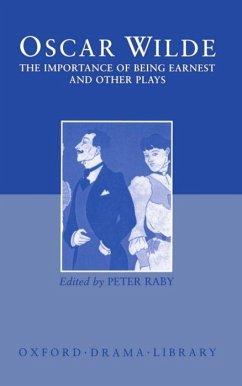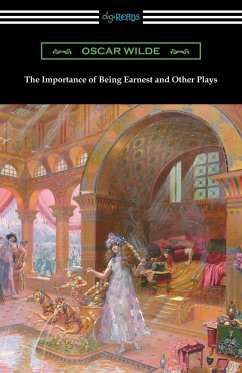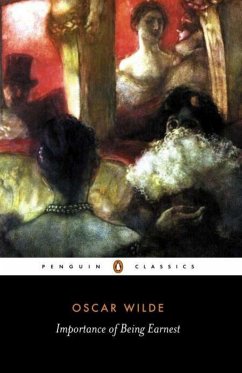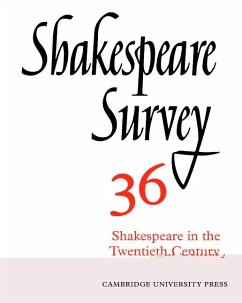
Looking for Sex in Shakespeare

PAYBACK Punkte
32 °P sammeln!
Stanley Wells is one of the best-known and most versatile of Shakespeare scholars. This book, written with characteristic verve and accessibility, considers how far sexual meaning in Shakespeare's writing is a matter of interpretation by actors, directors and critics. Tracing interpretations of Shakespearean bawdy and innuendo from eighteenth-century editors to recent scholars and critics, Wells pays special attention to recent sexually orientated studies of A Midsummer Night's Dream, once regarded as the most innocent of its author's plays. He considers the Sonnets, some of which are addresse...
Stanley Wells is one of the best-known and most versatile of Shakespeare scholars. This book, written with characteristic verve and accessibility, considers how far sexual meaning in Shakespeare's writing is a matter of interpretation by actors, directors and critics. Tracing interpretations of Shakespearean bawdy and innuendo from eighteenth-century editors to recent scholars and critics, Wells pays special attention to recent sexually orientated studies of A Midsummer Night's Dream, once regarded as the most innocent of its author's plays. He considers the Sonnets, some of which are addressed to a man, and asks whether they imply same-sex desire in the author, or are quasi-dramatic projections of the writer's imagination. Finally, he looks at how male-to-male relationships in the plays have been interpreted as sexual in both criticism and performance. Stanley Wells's lively, provocative, and open-minded book will appeal to a broad readership of students, theatregoers and Shakespeare lovers.














